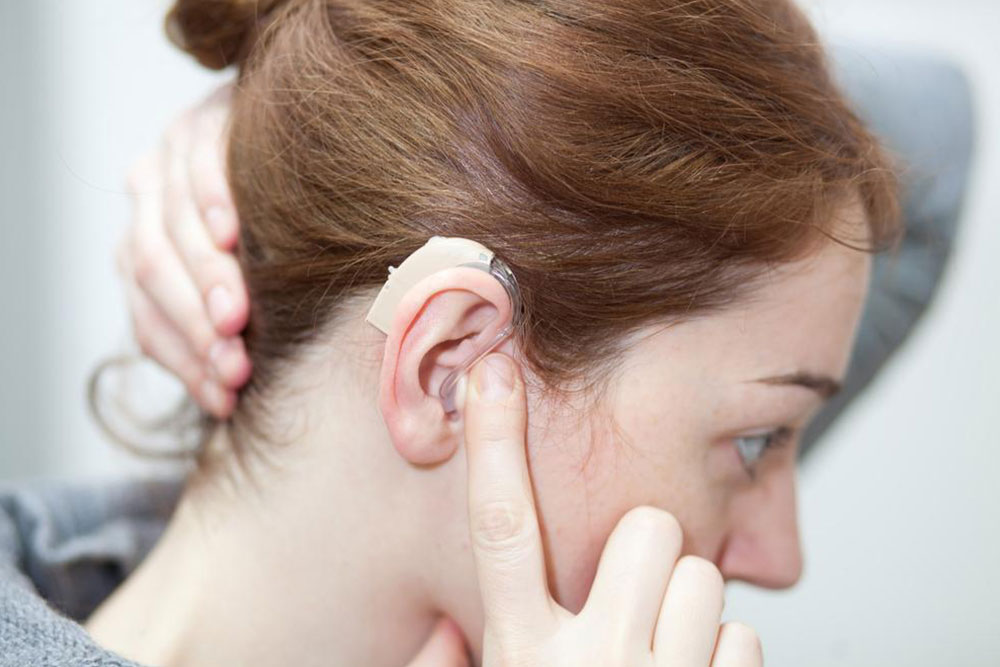Understanding Meniere's Disease: Symptoms, Causes, and Treatment Strategies
Discover comprehensive insights into Meniere’s disease, including its symptoms, causes, progression, and management strategies. Learn how to mitigate symptoms and improve quality of life through lifestyle changes, medications, and surgical options. This detailed guide is essential for those affected by this inner ear disorder, providing clarity on diagnosis and treatment approaches.
Sponsored

Meniere’s disease is an uncommon inner ear disorder that disrupts balance. It stems from abnormalities in the labyrinth, the part of the ear responsible for equilibrium. Fluid buildup in this area can cause symptoms such as intense vertigo, dizziness, hearing impairment, and a sensation of fullness in the ear. While it can occur at any age, it most frequently affects adults aged 30 to 60.
Overview of the condition
Individuals with Meniere’s often experience sudden episodes lasting two to three hours. These episodes may resolve completely within a day or two.
The severity of symptoms varies among patients. Some may have frequent vertigo spells and hearing loss, while others experience severe tinnitus or ringing in the ear. Additional signs include heightened sound sensitivity (hyperacusis) and distorted audio perception.
Progression and symptoms stages
Meniere’s disease advances through three stages, each with distinctive symptoms. Not all individuals experience all stages, and some may find relief early on, while others encounter more severe manifestations.
Early stage: Vertigo attacks are intermittent. During episodes, one might feel spinning or that their surroundings are moving. Hearing loss and tinnitus may intensify. Tinnitus often serves as an initial warning sign.
Middle stage: Symptoms include more persistent tinnitus, recurring vertigo, and progressive hearing loss. Episodes tend to decrease in severity over time. Persistent imbalance and giddiness can occur before attacks, with some experiencing permanent hearing damage and loud ringing.
Advanced stage: Characterized by ongoing hearing deficits, persistent tinnitus, and balance problems. Vertigo episodes may decline or cease, but hearing deterioration continues. Sensitivity to loud sounds and sound distortion can lead to long-term issues, causing instability and difficulty in movement, especially in darkness or during activities like dancing.
Causes of Meniere's
The exact cause is unknown, but it involves disturbances in the inner ear’s fluid dynamics. The labyrinth, comprised of bony and membranous parts, encases endolymph fluid essential for balance and hearing. Excess fluid in this structure can interfere with nerve signals to the brain, leading to symptoms. Potential triggers include:
Infections and allergies
Immune system irregularities
Head injuries
Genetic predisposition
Blockage in fluid drainage
Migraine episodes
Viral inflammation
Pressure changes, stress, existing health issues, and fatigue
High salt intake, which can influence ear pressure
Managing Meniere’s Disease
Though there is no cure, various treatments can help control symptoms. Approaches include:
Lifestyle modifications: Reducing stress through practices like yoga, meditation, and mindfulness can lessen severity.
Dietary changes: Limiting salt intake, staying hydrated, eating small meals regularly, and avoiding unhealthy foods are beneficial.
Medications: Drugs such as meclizine and diazepam help reduce vertigo and motion sickness. Anti-nausea medications like prochlorperazine are used during attacks. Diuretics can decrease fluid retention, and Pycnogenol may improve tinnitus by enhancing cochlear blood flow.
Balance training: Vestibular rehabilitation therapy (VRT) can help patients regain balance through tailored exercises under professional guidance.
Surgical options: Considered in severe cases or when other treatments fail. Procedures like endolymphatic sac decompression or labyrinthectomy are explored, though their effectiveness is still under study.






